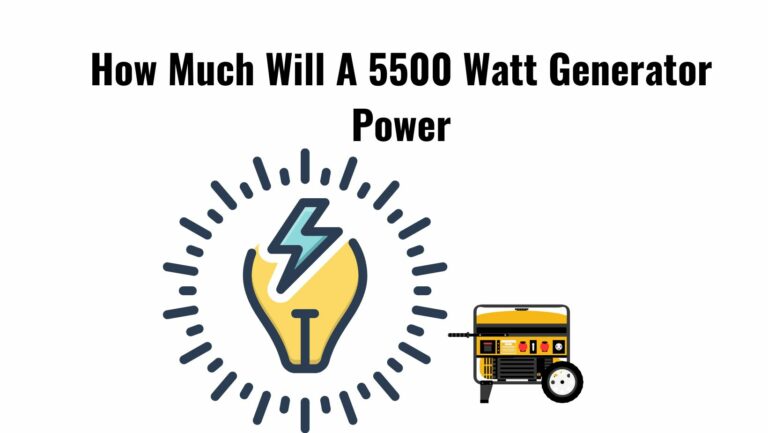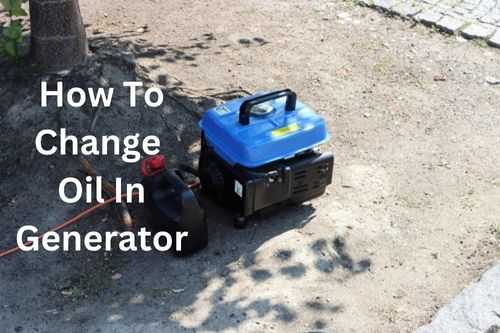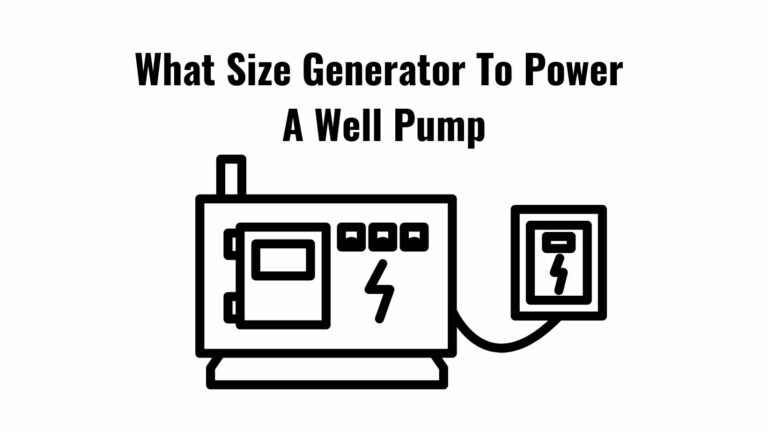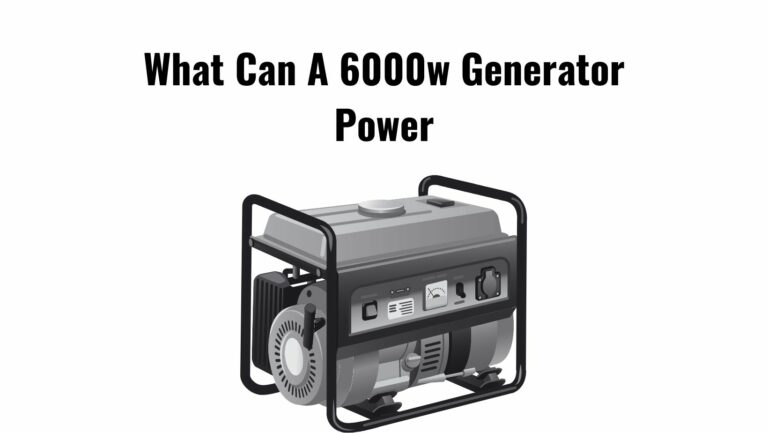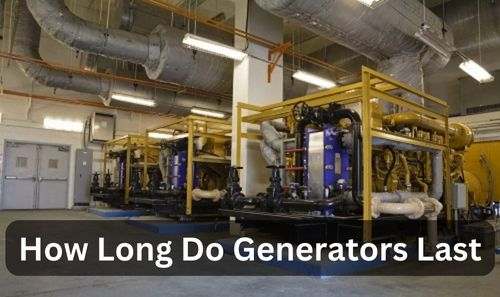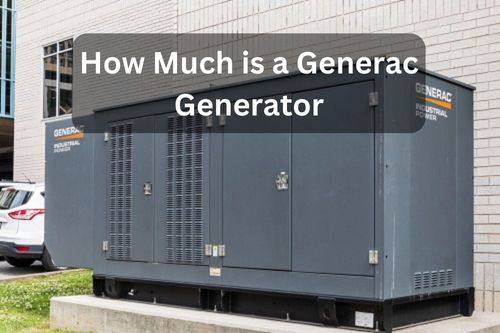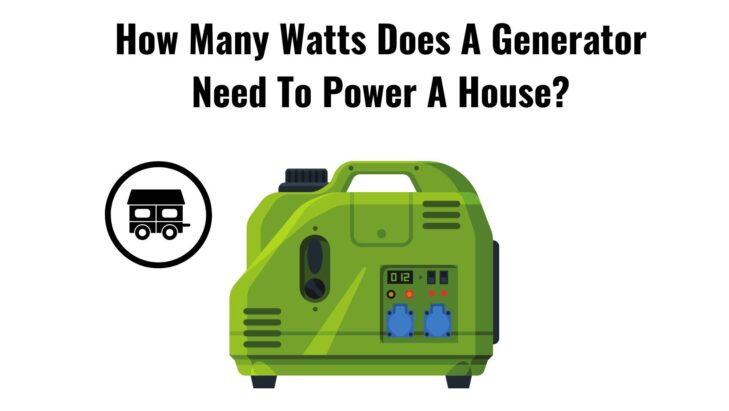
Are you looking to power your home with a generator? That’s a great idea, especially in case of power outages. But before you purchase a generator, it’s important to determine how many watts you’ll need to keep your lights on and appliances running smoothly. In this article, we’ll provide a brief overview of the factors that affect the wattage required and give you an idea of the average wattage needed for a house. So, buckle up, and let’s dive in!
Factors that Affect the Wattage Required
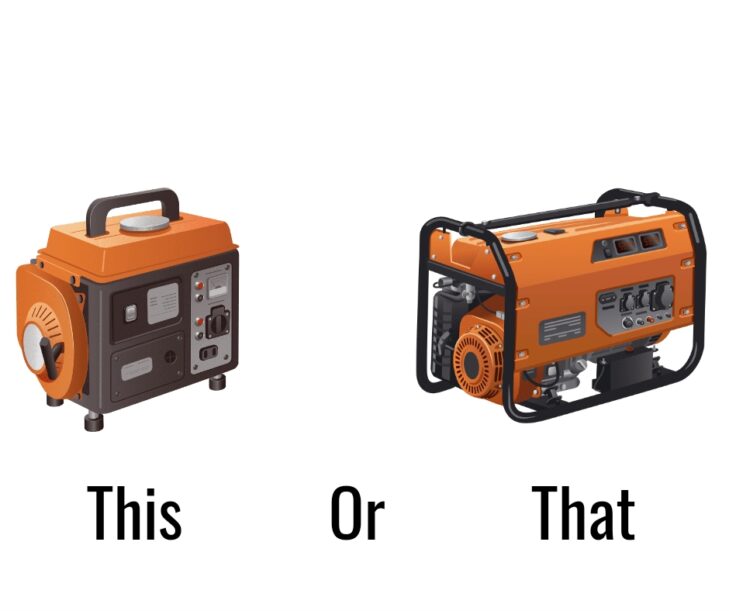
1. Size of the house
The size of your home can have a significant impact on the amount of power you’ll need. For example, a larger home with more rooms and a higher ceiling will require more power to light up the entire space. The square footage of your home is one of the main determining factors in the amount of power you’ll need. Next, let’s look at the number and type of appliances and electrical devices in use.
2. Number and type of appliances and electrical devices in use
The number of appliances and electrical devices you have in your home can greatly affect the amount of power you’ll need. Some appliances, like refrigerators and freezers, use a lot of power. Others, like laptops and smartphones, use less. It’s important to know how much power each of your appliances and devices uses so you can determine the total wattage needed to power your home. You can find this information in the owner’s manual or by searching online for the make and model. Finally, let’s take a look at the energy efficiency of appliances and devices.
3. The energy efficiency of appliances and devices
The energy efficiency of your appliances and devices can also impact the amount of power you’ll need. Energy-efficient appliances and devices use less power, so they’ll reduce the overall wattage required. When shopping for appliances and devices, look for models with the ENERGY STAR label, which indicates that they meet strict energy efficiency guidelines set by the U.S. Environmental Protection Agency.
Average Wattage Requirements for a House
Small homes
A small home, typically with a square footage of under 1,000, can be powered by a generator with a capacity of 3000 to 5000 watts. This is enough to power essential appliances like refrigerators, lights, and televisions, as well as some small appliances like microwaves and hair dryers.
Next, let’s look at larger homes.
Larger homes
If you have a larger home with a square footage of 1,000 or more, you’ll likely need a generator with a capacity of up to 10,000 watts or more. This will allow you to power all of your essential appliances, as well as multiple devices, such as air conditioners, hot water heaters, and washing machines.
It’s important to note that these are just rough estimates and your specific power needs may vary based on the factors we discussed earlier (size of your home, number, and type of appliances and electrical devices, and energy efficiency). To get an accurate assessment of your power needs, it’s best to consult with a professional electrician or HVAC technician who can help you determine the right generator capacity for your home.
Importance of Accurate Assessment
1. Consultation with a professional electrician or HVAC technician
One of the most important steps in determining the amount of power you need to power your home is to consult with a professional electrician or HVAC technician. These professionals have the experience and expertise to accurately assess your power needs, taking into account all the factors that can impact your power consumption. They can help you determine the right generator capacity for your home, ensuring that you have the power you need when you need it.
Now, let’s talk about the importance of accurately determining your power needs.
2. Importance of accurately determining the power needs for a home
Accurately determining your power needs is crucial for ensuring that you have the power you need to keep your home running smoothly. If you don’t have enough power, you’ll likely experience power outages, which can be frustrating and disruptive. On the other hand, if you have too much power, you’ll be wasting money on a larger generator than you need. By accurately determining your power needs, you can ensure that you have the right amount of power, at the right price, to keep your home running smoothly.
Can a 2000 Watt Generator Run a TV?
Yes, a 2000-watt generator can run a TV. The power consumption of a TV can vary greatly depending on the size, brand, and model, but on average, a typical 40-inch LED TV uses around 80 to 150 watts of power. So, a 2000-watt generator should have enough power to run a TV, as well as some additional appliances or devices. However, it’s always best to check the manufacturer’s specifications to get a more accurate estimate of the power consumption of your specific TV.
What Size Generator Do I Need to Run a Refrigerator and Freezer?
The size of the generator you need to run a refrigerator and freezer will depend on the combined power consumption of these appliances. On average, a refrigerator uses around 700 to 1500 watts of power, while a freezer uses around 700 to 1200 watts. So, if you have a refrigerator and freezer with a combined power consumption of 1500 watts, you would need a generator with at least 1500 watts of output to run both appliances.
It’s important to keep in mind that these are rough estimates and the actual power consumption of your refrigerator and freezer may be different. It’s best to check the manufacturer’s specifications for these appliances to get a more accurate estimate of their power consumption. Additionally, you should also consider the power requirements of any other appliances or devices you plan to run simultaneously with the refrigerator and freezer, as this will impact the size of the generator you need.
Conclusion
So, to summarize everything we’ve covered, there are several factors that can impact the wattage required to power a house. These include the size of the house, the number and type of appliances and electrical devices in use, and the energy efficiency of these devices.
When it comes to determining the right generator capacity for your home, it’s crucial to accurately assess your power needs. This can be done by consulting with a professional electrician or HVAC technician, who has the experience and expertise to accurately determine the right generator capacity for your home.
In conclusion, accurately determining the wattage required to power your home is important for ensuring that you have the power you need to keep your home running smoothly. By taking into account the factors that can impact your power consumption and consulting with a professional, you can ensure that you have the right generator capacity for your home.

